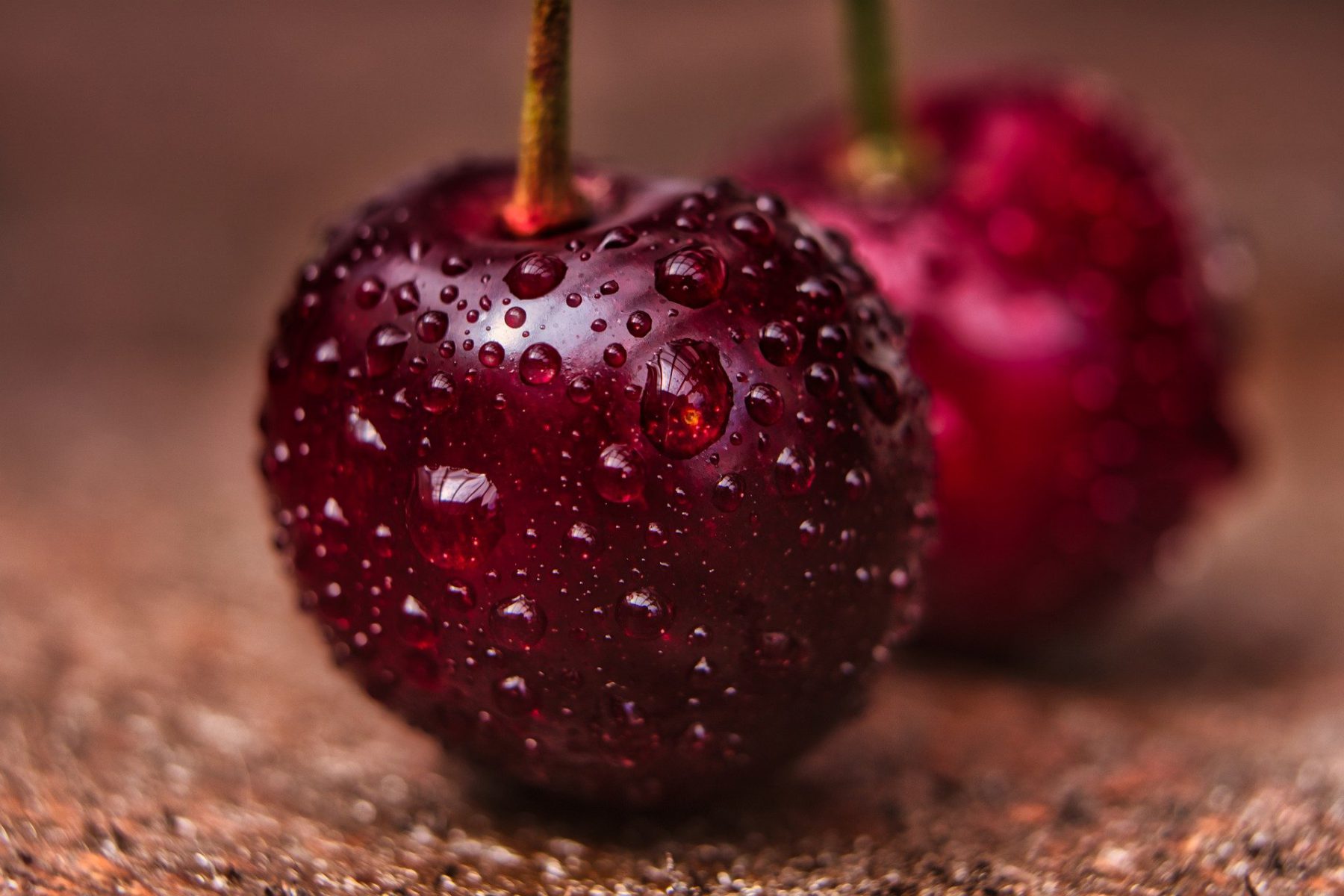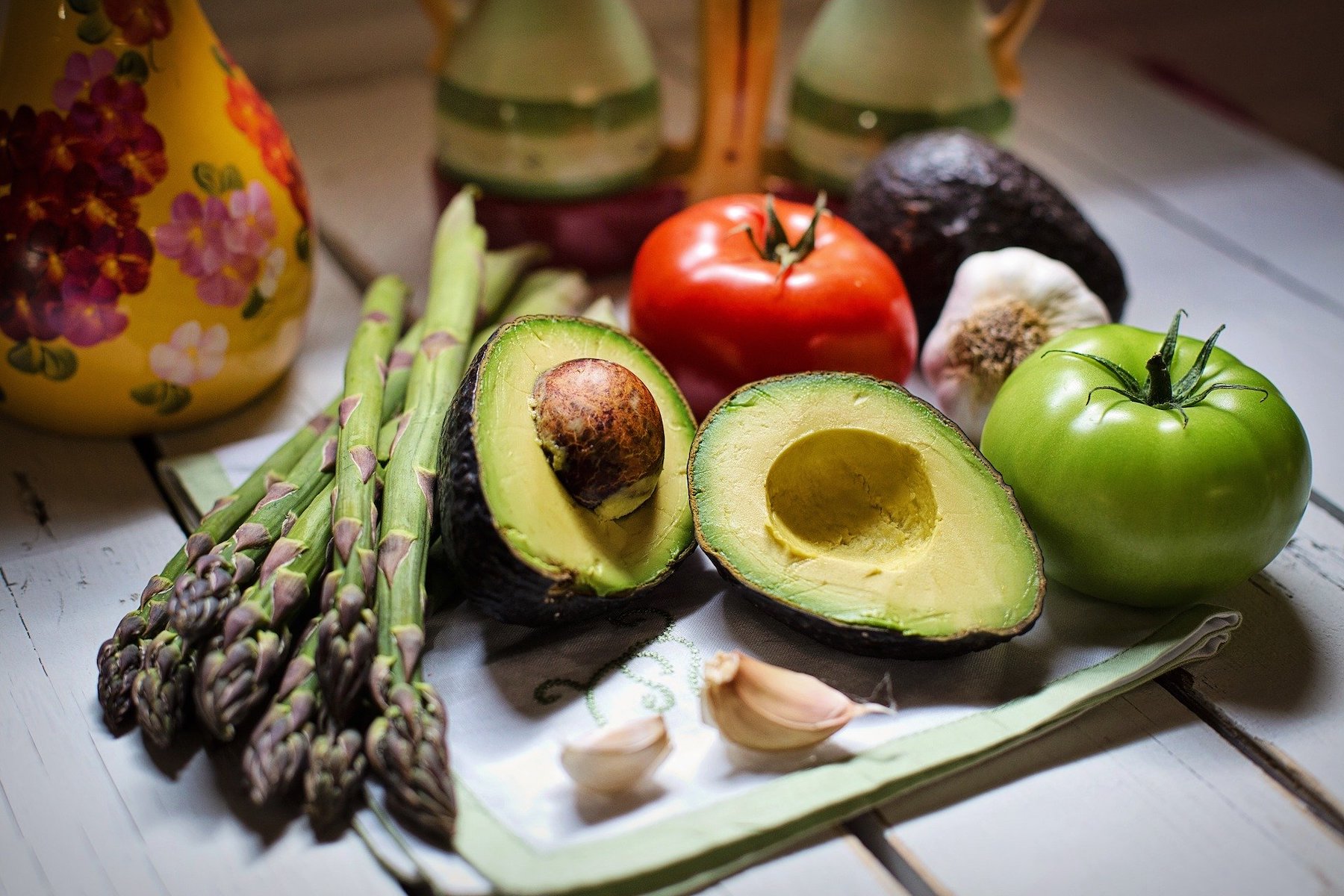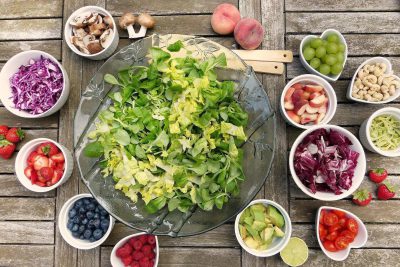We know that what we eat has profound consequences for our health, but it is becoming increasingly clear that the gut microbiome plays a pivotal role in both our short- and long-term well-being. We know what you’re thinking: What is this microbiome and how can I look after it? Read on.
What Is The Gut Microbiome?
This refers to the trillions of microbes that live in our guts, whether they are bacteria, viruses, fungi or protozoa. For the most part, these are nothing to worry about! In fact, there are around 1,000 different species of bacteria in our guts and they play an important role in protecting our health. But this is reciprocal! We need to look after them, too!
How Does The Gut Microbiome Develop?
Our microbiomes become quickly colonized at birth and grow rapidly from that moment. Research shows that babies who are born by Caesarean section tend to have a delay in colonization and less diversity among the microbes even two years after birth. Being born preterm may also have negative consequences, while breastfeeding may be protective.
The diversity and richness of our microbes begins at the very start of our lives, and there is nothing we can do as adults to change that, but we are not helpless! There are still many ways to support and nurture a healthy gut biome. As adults, we know that a change in diet significantly affects the composition of our gut microbiome in as little as 24 hours, so changes you make now have almost immediate effects.
What Is ‘Dysbiosis’?
This is the medical term used to describe an imbalance in the gut microbiome, with healthy bacteria dwindling and others dominating.
How Does It Affect Your Body?
An imbalanced gut biome can lead to a whole raft of negative health outcomes from cramps and gas to diabetes and cancer. Research is increasingly finding how these hard-working bacteria help us, and what we need to do to help them, too.

How Can You Improve Your Gut Microbiome?
Thankfully, there is a lot we can do to encourage diversity within our gut microbiome!
Avoid non-essential medicines
We know that antibiotics knock out some of the good bacteria in our guts as well as the bad ones that are making us sick. It has also been found that some commonly used non-antibiotic drugs are associated with changes in the composition of our microbiomes, so the advice is to take medicines if you need them, but avoid them if you don’t.
Avoid Snacking
Our body clocks are closely connected to our metabolism, and if we eat at the wrong times for our body – say, at night, when our bodies are expecting us to be asleep – our blood glucose and insulin levels increase more and stay elevated longer than when we eat earlier in the day. This can result in an elevated risk of type 2 diabetes over time. Plus, when we eat high-fat meals, our bodies’ natural reaction is inflammation, and researchers say that this is associated with increased disease risk. Give your biome a break – avoid snacking, and consider fasting for 12-16 hours at a time.
Breastfeed For At Least Six Months
Recent studies emphasize the importance of the “window of opportunity” in early life, that helps us shape the long term health of our children. Breast milk is known to have a positive impact on the gut biome of babies.
Drink A Bit Of Alcohol
Don’t get your hopes up! Generally alcohol is not your gut’s best friend but a 2019 paper published in the journal Gastroenterology revealed that red wine drinkers had a more diverse microbiome than those who did not drink red wine. The same effect was not seen in people who drank white wine, beer or spirits. The researchers said: “drinking red wine rarely, such as once every two weeks, seems to be enough to observe an effect”.
Eat A Diverse Range Of Food
The simple equation is: the wider range of plants we eat, the more diverse the gut biome. Too many of us eat the same few foods, when we should be aiming for a wealth of different ingredients. Tim Spector, Professor of genetic epidemiology at King’s College London says we should aim to eat 30 different kinds of plants every week – including fruits, vegetables, nuts and seeds. In reality, we are eating around five per week.
Eat Fermented Foods
Fermented foods such as kimchi, kombucha, sauerkraut, tempeh and miso are rich in probiotics. These are the ‘good’ bacteria that help support gut – and wider – health. Spector believes that “everyone would be healthier if they had some fermented foods every day of their lives”.

Eat Foods Rich In Polyphenols
Polyphenols are micronutrients found in certain plant-based foods and they’re packed with antioxidants. Evidence increasingly suggests that food-ingested polyphenols can have beneficial effects against oxidative stress, inflammatory injury and even promote cognitive function. We should eat: berries, cherries, plums and peaches; artichokes, asparagus, onions and carrots; black beans, tofu, tempeh and soy milk; hazelnuts, chestnuts, pecans and walnuts; oats, rye and whole wheat. Polyphenols are also found in herbs, tea, coffee, olives, ginger, capers and dark chocolate.
Eat Prebiotic Foods
Without prebiotics – foods that help healthy gut bacteria to grow – our microbiome can become unbalanced. That can create uncomfortable digestive issues in the short term, and lead to more serious issues over the longer term. Great prebiotic foods include leeks, garlic, onions, asparagus, chicory, Jerusalem artichoke, bananas, and oats.
Eat Whole Grains
Whole grains have long been known to be beneficial to digestive health, and studies have linked grain-rich diets to a lower risk of colon cancer. The magic ingredient is the fiber, with the fiber from grains being different to the fiber from fruits and vegetables. Plus, whole grains lower cholesterol levels and reduce chronic inflammation, which has been linked to cancer and heart disease.
Limit Your Intake Of Artificial Sweeteners
Although lower-calorie than sugar, some sweeteners negatively affect the composition of our gut microbiome. What research has not yet shown is the health outcomes this could cause but to be on the safe side, it’s wise to limit use of these products.
Take A Probiotic Supplement
Probiotics are live bacteria and yeasts thought to help restore the natural balance of bacteria in the gut. They are found in fermented foods but it is also possible to take a supplement.
Try A Plant-based Diet
The foods that support great gut health are plant-based: whole grains, antioxidant-rich fruits, and prebiotic fiber in loads of different vegetables. Together, these protect gut health which as we now know has a huge impact on the health of the rest of our body, too. By contrast, animal products are inflammatory, feed the bad bacteria, and can raise the risk of many serious diseases, including heart disease, type 2 diabetes and some cancers.

Conclusion
When we are tempted to wolf down processed foods, sugary snacks or animal products, we should spare a thought for the trillions of bacteria inside us that these will impact. Their role in our overall health cannot be overstated. Feed them healthy, wholesome, plant-based foods – and a wide variety of them! – and they will work hard for you, ensuring your systems function optimally, keeping you the healthiest you can be.
Interested in plant-based eating? Take a look at our Vegan Starter Kit and our Health & Nutrition Guide to get you started!



